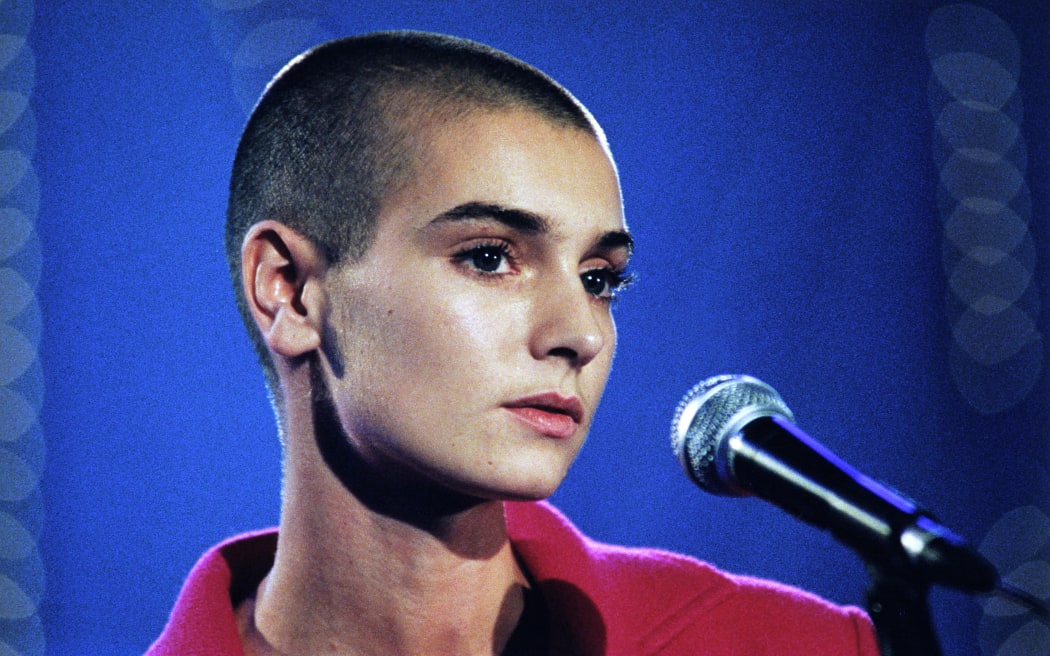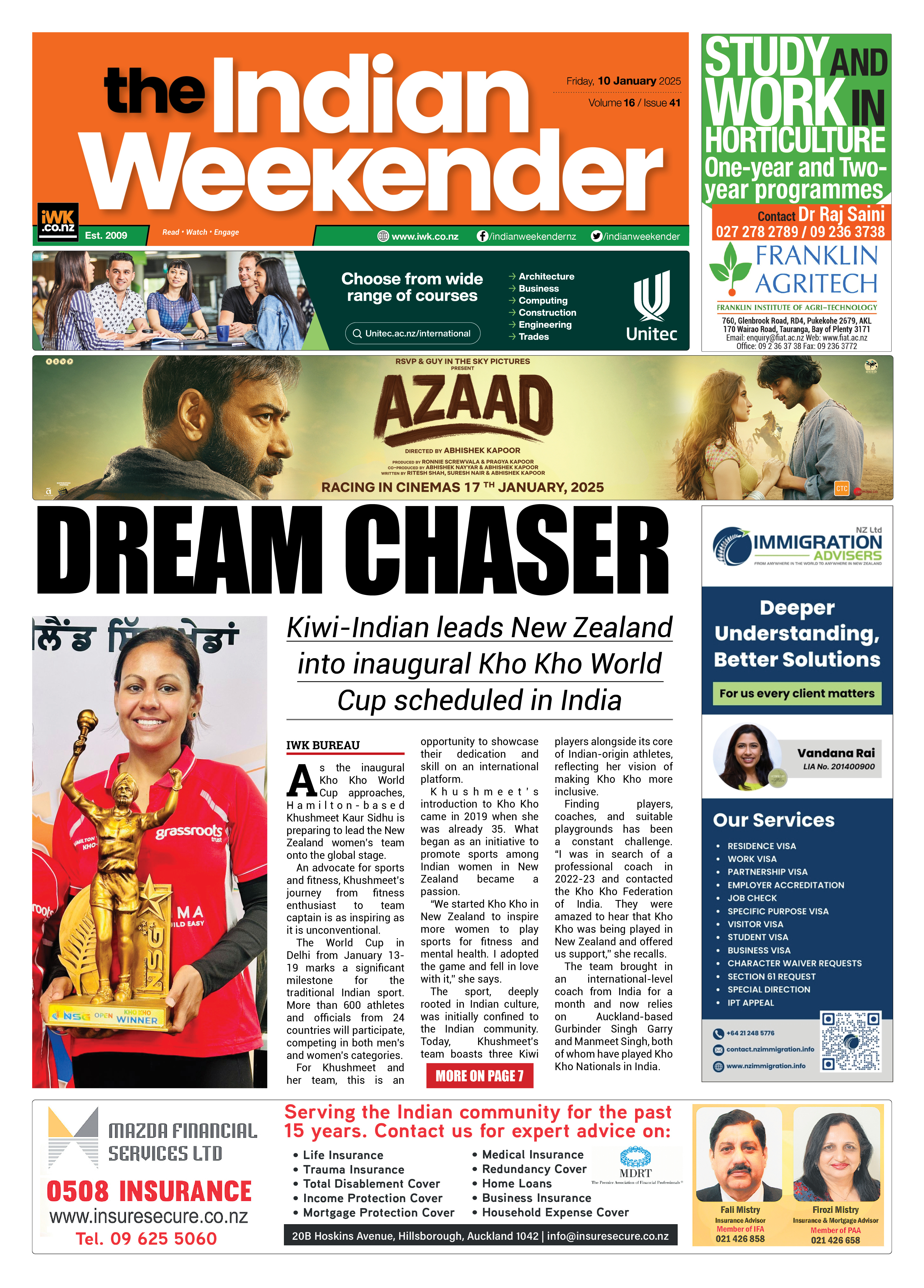Sinéad O'Connor obituary: A talent beyond compare

Sinéad O'Connor saw music as the therapy to escape a turbulent childhood.
Her rebellious nature was mainly driven by resentment at the abuse she suffered as a child and her experience in a Dublin reformatory.
It was music that rescued her, unleashing a creative talent that made her a world-wide music star - but also a rebel prepared to be controversial and never play the game of being an image-led pop star.
With her elfin features and skinhead look she was one of pop music's most recognisable figures.
Sinéad Marie Bernadette O'Connor was born on 8 December 1966 in the affluent Glenageary suburb of Dublin.
She was the third of five children of Sean O'Connor and his wife Marie. The couple had married young and their relationship, often stormy, ended when O'Connor was eight.
Her brother, Joseph, once described their mother as deeply unhappy and disturbed and prone to physical and emotional abuse of her children.
O'Connor eventually moved out to go and live with her father but she often played truant to go shoplifting.
Eventually she was placed in Dublin's An Grianan Training Centre, once one of the notorious Magdalene laundries, originally set up to incarcerate young girls deemed to be promiscuous.
One nun discovered that the only way to keep this rebellious teenager in check was by buying her a guitar and setting her up with a music teacher. It was to be the saving of her.
A volunteer at the institution had a brother who played in the Irish band In Tua Nua. She did record a song with them but they felt she was too young to become a full-time member.
Republican politics
At 16 her father moved her to a boarding school in Waterford where a teacher recognised her talent and helped her produce a demo tape featuring two of her own compositions.
A meeting with the producer and composer Colm Farrelly saw them come together with other musicians to form the band Ton Ton Macoute.
They made an immediate impact and, when they relocated to Dublin, O'Connor dropped out of school to go with them.
Eventually she moved to London and found herself an experienced manager in Fachtna Ó Ceallaigh, who had previously worked for U2.
As well as guiding her musically, Ó Ceallaigh imbued her with his own brand of republican politics. She caused a stir when she praised the Provisional IRA, although she later apologised.
Ever the rebel, she firmly rejected attempts by her record company to change her punk look and become more girly.
"What they were describing," O'Connor later told the Daily Telegraph, "was actually their mistresses. I pointed that out to them which they didn't take terribly well."
Tears on video
She also fell out with the producer who had been brought in to mastermind her first album. After much persuasion, the record company allowed her to produce it herself. By this time she was seven months pregnant by her session drummer, John Reynolds, whom she went on to marry.
The Lion and the Cobra, released in 1987, was a storming success. It featured what would become the typical O'Connor sound, overdubbed harmonies and atmospheric backgrounds held together by her distinctive voice. It earned a Grammy nomination for best female rock vocal performance.
One single, Mandinka, did well in the US and was the song she chose to sing on Late Night with David Letterman, her first American primetime TV appearance.
She topped this with her follow-up album, the Grammy-winning I Do Not Want What I Haven't Got, which featured her most successful single, a cover of the Prince song Nothing Compares 2 U.
It was helped to the top of the charts in the UK, Ireland and the US by a striking video that largely featured a close-up of her face as she sang.
She cried during the making of the video and later said she found it difficult to sing the song because it reminded her of the loss of her mother, who had died in a car accident in 1985.
A papal row
But controversy from was never far away. She refused to perform at a concert venue in New Jersey unless it dropped its normal practice of playing the US national anthem before she went on.
The venue reluctantly agreed but it led to a boycott of her songs by a number of US radio stations.
A month after the release of I'm Not Your Girl, a collection of jazz standards, O'Connor performed a version of Bob Marley's War on NBC's Saturday Night Live, substituting some of the words so it became a protest against child sexual abuse in the Catholic Church.
To the horror of the producers she held up a photo of Pope John Paul II to the camera and tore it in half. NBC received more than 4,000 complaints from viewers and many destroyed copies of her records.
At a subsequent live appearance she was booed so much she could not perform. At the end of 1992 she returned to live in Dublin.
Her fourth album, Universal Mother, featuring writing contributions from Germaine Greer and Kurt Cobain, failed to emulate the success of her earlier work. It was to be her last studio album for six years.
A surprising ordination
Having split from her husband, she found herself locked in a long custody battle with the journalist John Waters, who had fathered her second child, a daughter named Roisin. The stress caused her to attempt suicide in 1999.
In one of the stranger turns of her life she was ordained a priest in the Latin Tridentine Church, an independent Catholic church, not in communion with Rome. Despite her disdain for the church hierarchy, O'Connor always maintained she was a practising Christian and a devout Catholic.
She went back into the studio in 2000 to record the album Faith and Courage. Largely self-penned, it failed to break into the Top 20 in all but the Australian album charts.
There was a brief second marriage with the journalist Nick Summerlad before she had a third child, Shane, with the musician Donal Lunny.
The 2002 album Sean-Nos Nua featured a reworking of traditional Irish folk songs. A year later she released a compilation of previously unheard tracks and demos before announcing she was retiring from music.
Both her mental and physical health were suffering. Diagnosed with bipolar disorder, she was also battling the painful condition of fibromyalgia.
A spell in Jamaica resulted in her seventh studio album, Throw Down Your Arms, a reggae-flavoured work that met with positive reviews.
She gave birth to her fourth child, Yeshua Francis Bonadio in 2006, fathered by her then partner Frank Bonadio. The following year she released yet another album, Theology. It failed to ignite the charts.
Public spat
A third marriage in 2010 to long-time friend Steve Cooney lasted less than a year.
She came back to musical form with How About I Be Me (and You Be You) released in 2012, which reached number five in Ireland and 33 in the UK charts.
There was a very public spat with the singer Miley Cyrus in 2013 after O'Connor published a letter on her website, criticising Cyrus for her overtly sexual videos. Cyrus responded by describing O'Connor as "crazy".
O'Connor proved she could still deliver the goods with the release of her 2014 album I'm Not Bossy, I'm the Boss. She appeared on the cover wearing a wig and figure-hugging black dress while caressing a guitar.
But her mental health was still precarious. In November 2015, after recovering from a hysterectomy, she posted a message on Facebook announcing she was in an Irish hotel and contemplating suicide. She was found safe and well and received medical treatment.
Converting to Islam in 2018, she changed her name to Shuhada' Sadaqat, but continued to perform under her birth name.
She released a memoir, Rememberings, in June 2021 and took part in media interviews to promote it, some of them fraught. The singer said she felt "badly triggered" by an interview on BBC Radio 4's Woman's Hour about her mental health struggles and the media's coverage of it.
More trauma came in January 2022, when her 17-year-old son Shane took his own life. The musician posted a series of concerning tweets in the wake of his death, indicating she was considering suicide and telling followers she had been admitted to hospital.
Sinéad O'Connor was a precocious talent who used music as a means of dealing with the demons inside her. A contradictory figure in many ways, she always refused to toe the establishment line, something that saw her achieve less success than she deserved.
The singer though was unapologetic and unrepentant for those life choices. "I always say, if you live with the devil, you find out there's a god."
*This story was originally published by the BBC.
Where to get help:
Need to Talk? Free call or text 1737 any time to speak to a trained counsellor, for any reason.
Lifeline: 0800 543 354 or text HELP to 4357
Suicide Crisis Helpline: 0508 828 865 / 0508 TAUTOKO (24/7). This is a service for people who may be thinking about suicide, or those who are concerned about family or friends.
Depression Helpline: 0800 111 757 (24/7) or text 4202
Samaritans: 0800 726 666 (24/7)
Youthline: 0800 376 633 (24/7) or free text 234 (8am-12am), or email talk@youthline.co.nz
What's Up: free counselling for 5 to 19 years old, online chat 11am-10.30pm 7days/week or free phone 0800 WHATSUP / 0800 9428 787 11am-11pm Asian Family Services: 0800 862 342 Monday to Friday 9am to 8pm or text 832 Monday to Friday 9am - 5pm. Languages spoken: Mandarin, Cantonese, Korean, Vietnamese, Thai, Japanese, Hindi, Gujarati, Marathi and English.
Rural Support Trust Helpline: 0800 787 254
Healthline: 0800 611 116
Rainbow Youth: (09) 376 4155
OUTLine: 0800 688 5463 (6pm-9pm)
If it is an emergency and you feel like you or someone else is at risk, call 111.
Sexual Violence
Victim Support 0800 842 846
Rape Crisis 0800 88 33 00
HELP Call 24/7 (Auckland): 09 623 1700, (Wellington): 04 801 6655 - push 0 at the menu
Survivors Network of those Abused by Priests (SNAP) 022 344 0496
Family Violence
Women's Refuge:(0800 733 843
It's Not OK 0800 456 450
Shine: 0508 744 633
Victim Support: 0800 842 846
HELP Call 24/7 (Auckland): 09 623 1700, (Wellington): 04 801 6655 - push 0 at the menu
The National Network of Family Violence Services NZ has information on specialist family violence agencies.
+++++
Other
Eating Disorders Association of NZ: 0800 233 269
Abuse survivors
For male survivors -
Road Forward Trust, Wellington, contact Richard 0211181043
Better Blokes Auckland, 099902553
The Canterbury Men's Centre, 03 3776747
The Male Room, Nelson 035480403
Male Survivors, Waikato 07 8584112
Male Survivors, Otago 0211064598
For female survivors -
Help Wellington, 048016655
Help, Auckland 09 623 1296
For urgent help: Safe To Talk 0800044334
Help with alcohol and drugs
Alcohol Drug Helpline: 0800 787 797



